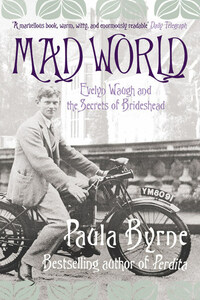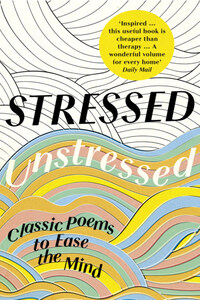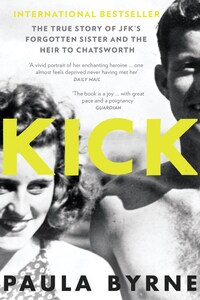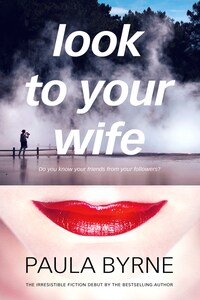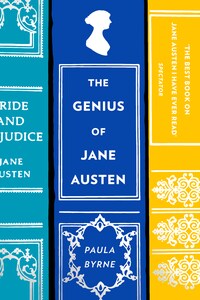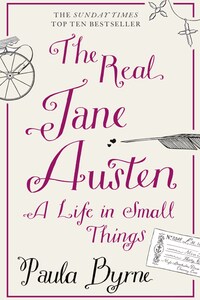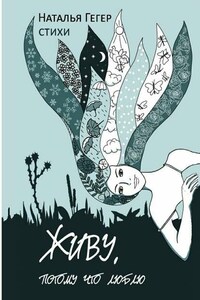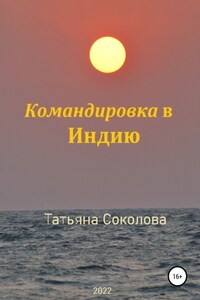PAULA BYRNE
Mad World
Evelyn Waugh and the
Secrets of Brideshead
Harper Press
An imprint of HarperCollinsPublishers Ltd. 1 London Bridge Street London SE1 9GF
www.harpercollins.co.uk
This HarperPress paperback edition published 2010
First published in Great Britain by HarperPress in 2009
Copyright © Paula Byrne 2009
PS Section copyright © Sarah OâReilly 2010, except âOther Worldsâ by Paula Byrne © Paula Byrne 2010
PS⢠is a trademark of HarperCollinsPublishers Ltd.
Paula Byrne asserts the moral right to be identified as the author of this work
A catalogue record for this book is available from the British Library
All rights reserved under International and Pan-American Copyright Conventions. By payment of the required fees, you have been granted the nonexclusive, nontransferable right to access and read the text of this ebook on screen. No part of this text may be reproduced, transmitted, downloaded, decompiled, reverse engineered, or stored in or introduced into any information storage and retrieval system, in any form or by any means, whether electronic or mechanical, now known or hereinafter invented, without the express written permission of HarperCollins ebooks
HarperCollinsPublishers has made every reasonable effort to ensure that any picture content and written content in this ebook has been included or removed in accordance with the contractual and technological constraints in operation at the time of publication
Source ISBN: 9780007243778
Ebook Edition © NOVEMBER 2012 ISBN 9780007455478 Version: 2016-09-22
Early 1944 and Captain Evelyn Arthur St John Waugh has fallen out of love with the army. He has turned forty and is considering his options. To become a screenwriter? An overture to Alexander Korda comes to nothing. To join MI5, the intelligence service? He is turned down without an interview. Only one possibility remains: to revert to his pre-war occupation.
On 24 January he writes a letter to Colonel Ferguson, Officer Commanding, Household Cavalry Training Regiment. Copies are sent to the Secretary of State for War and to Brendan Bracken, Winston Churchillâs Minister of Information and string-puller in chief on behalf of Captain Waugh. âI have the honour to request,â the letter begins, âthat, for the understated reasons I may be granted leave of absence from duty without pay for three months.â The understated reasons are various. That his previous service in the Royal Marines, the Commandos, the Special Services and the Special Air Service Regiment does not qualify him for his current position in a mechanised unit of the cavalry. That he no longer has the necessary physical agility for active service. That he is no good at admin, so canât do a desk job. And that he doesnât have the foreign languages to make him useful for the purposes of intelligence work.
Assurances are given: the novel to which he will devote his leave âwill have no direct dealing with the warâ. But expectations are dampened: âit is not pretended that it will have any immediate propaganda valueâ. The necessity of immediate action is stressed: âIt is a peculiarity of the literary profession that, once an idea becomes fully formed in the authorâs mind, it cannot be left unexploited without deterioration. If, in fact, the book is not written now it will never be written.â
Colonel Ferguson responds by ordering Waugh to go and train the Home Guard at Windsor. A less determined man than Evelyn might have capitulated and the book would never have been written. But he perseveres. By the end of January he has been granted his three monthsâ leave, qualified only by a commitment to a little light part-time work for the Ministry of Information. He leaves his comfortable billet in the Hyde Park Hotel and his military uniform with it.
On the morning of Tuesday 1 February 1944 he is settled in another hotel, deep in the West Country: Easton Court, Chagford, Devon â a thatched fourteenth-century farmhouse with low, dark rooms and small windows. He has been there before, in the late autumn of one of the momentous years of his life, 1931. It is a place that in his memory he cannot separate from a house and a family with which he had fallen in love that year.
